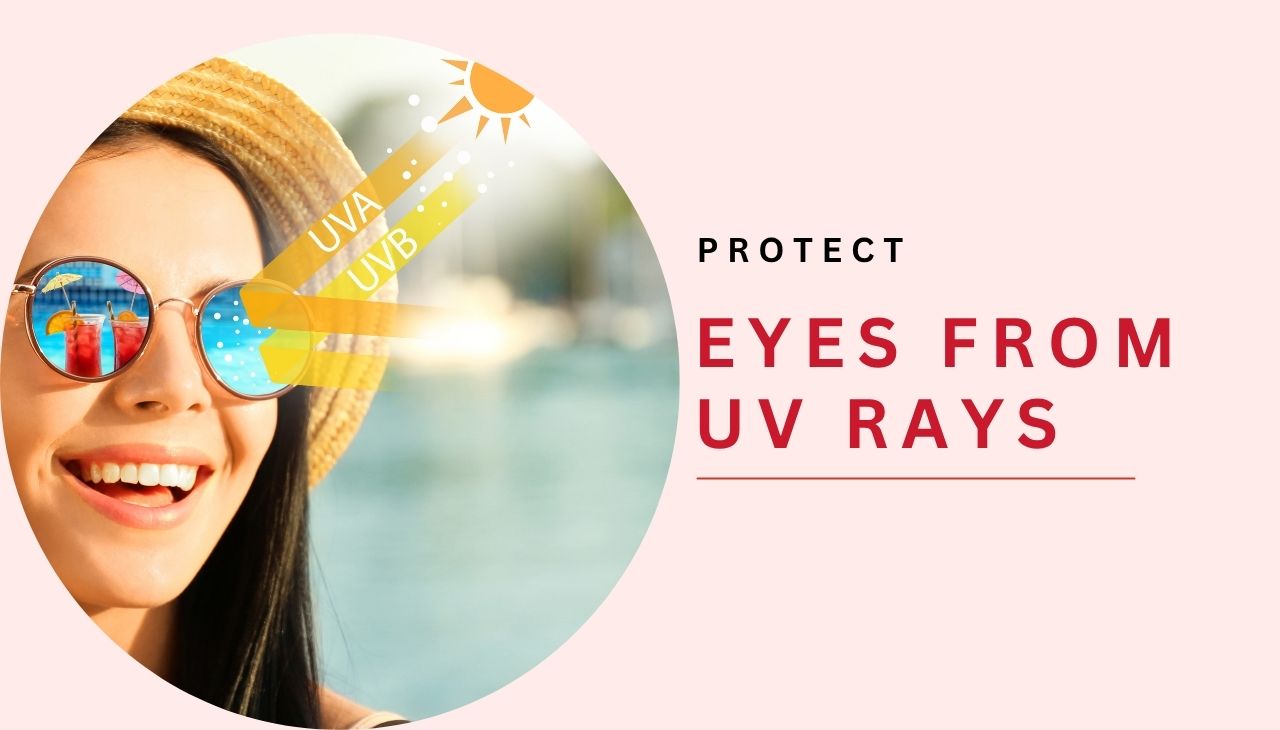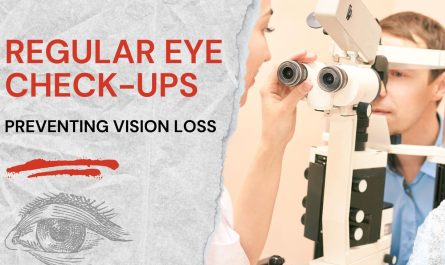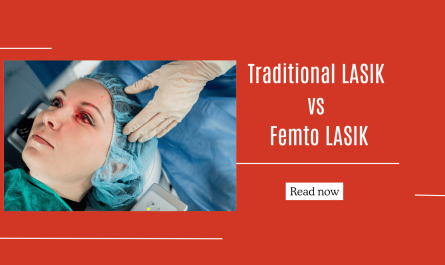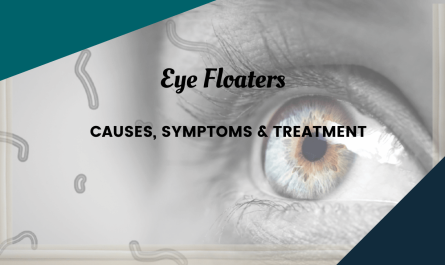Eyes Protection from Harmful UV Rays
UV (Ultraviolet) rays are a silent threat to our eyes. While we often focus on protecting our skin from the harmful effects of UV exposure, our eyes need just as much attention. Prolonged exposure to UV rays can lead to several eye problems, including cataracts, macular degeneration, and even eye cancer. This blog will guide you on how to protect your eyes from harmful UV rays and maintain good eye health.
Why UV Protection Matters for Your Eyes

UV rays are invisible and present year-round, even on cloudy days. These rays can damage the delicate structures of the eye and cause long-term issues. The cornea, lens, and retina are particularly vulnerable to UV damage. For example, prolonged exposure can lead to cataracts, which cloud the lens of the eye, impairing vision.
Here’s how you can protect your eyes from harmful UV rays:
1. Wear Sunglasses with UV Protection
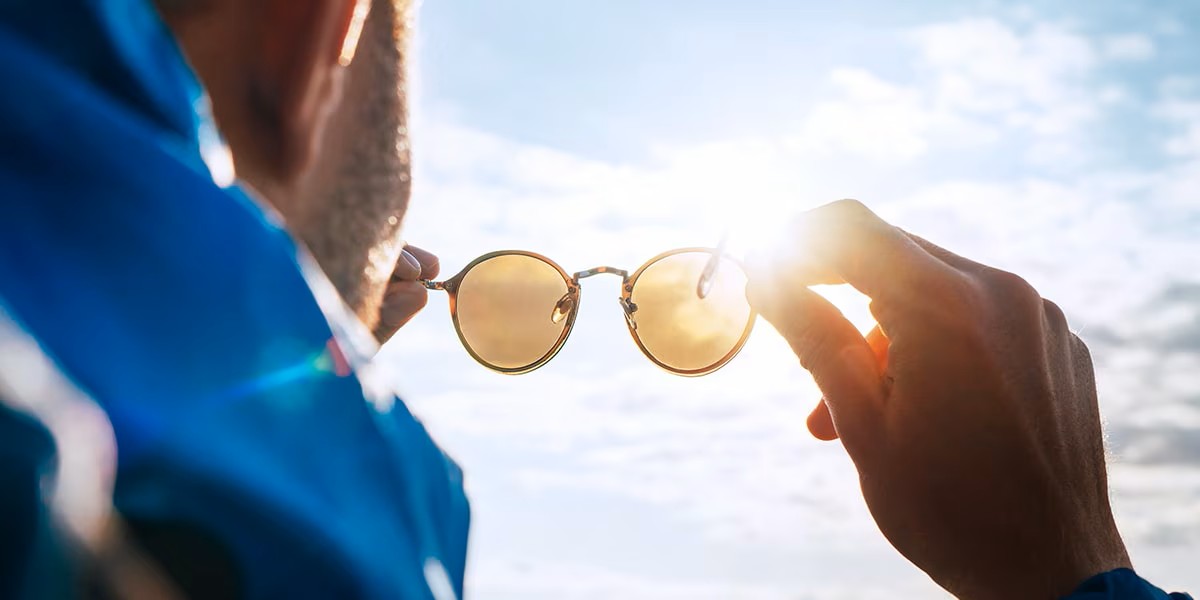
One of the simplest and most effective ways to protect your eyes is by wearing sunglasses that block 100% of UV rays. Many people think that any pair of sunglasses will do, but it’s essential to choose ones that offer full UV protection. Look for sunglasses labeled as “UV 400” or those that block 100% of UVA and UVB rays.
- Opt for sunglasses that cover your eyes completely and wrap around the sides of your face for maximum protection.
- Polarized lenses help reduce glare but ensure the sunglasses also provide UV protection.
2. Use a Wide-Brimmed Hat
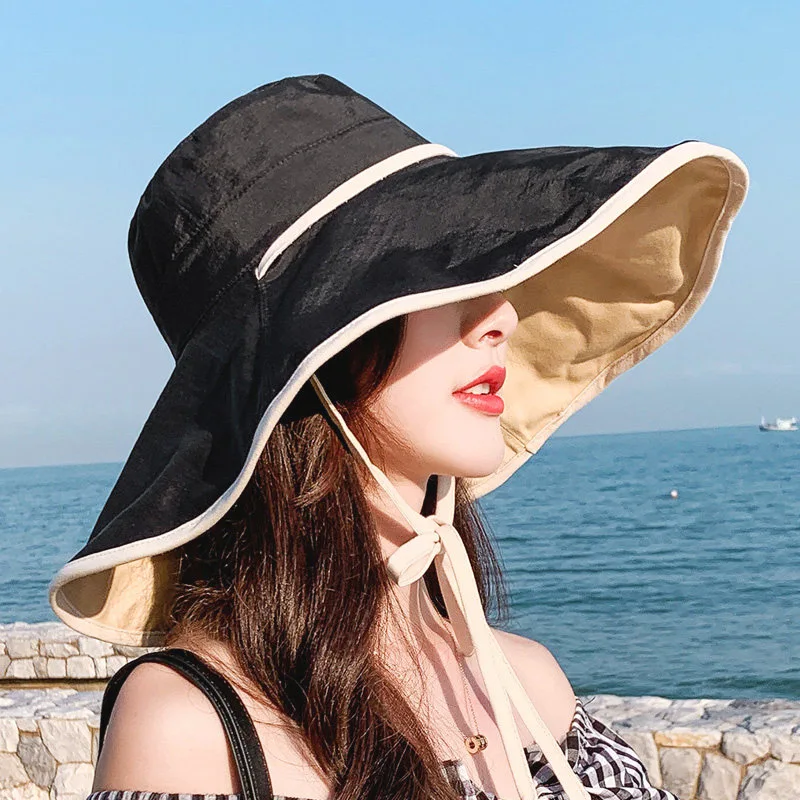
While sunglasses protect your eyes directly, a wide-brimmed hat can shield the sensitive skin around your eyes and offer extra protection from the sun. The combination of both sunglasses and a hat is ideal for protecting your eyes from harmful UV exposure.
- A hat with a brim of at least 3 inches is effective at blocking sunlight from hitting your eyes.
- Always wear a hat when spending extended periods outside, especially during midday when UV rays are the strongest.
3. Avoid Direct Sun Exposure During Peak Hours

UV rays are most intense between 10 a.m. and 4 p.m. If possible, avoid being outside during these peak hours. This can significantly reduce your exposure to harmful UV radiation.
- If you need to be outside, take frequent breaks in the shade and wear protective eyewear.
- Stay aware of your surroundings and plan your outdoor activities during early morning or late afternoon.
4. Ensure Your Eyewear is Properly Coated
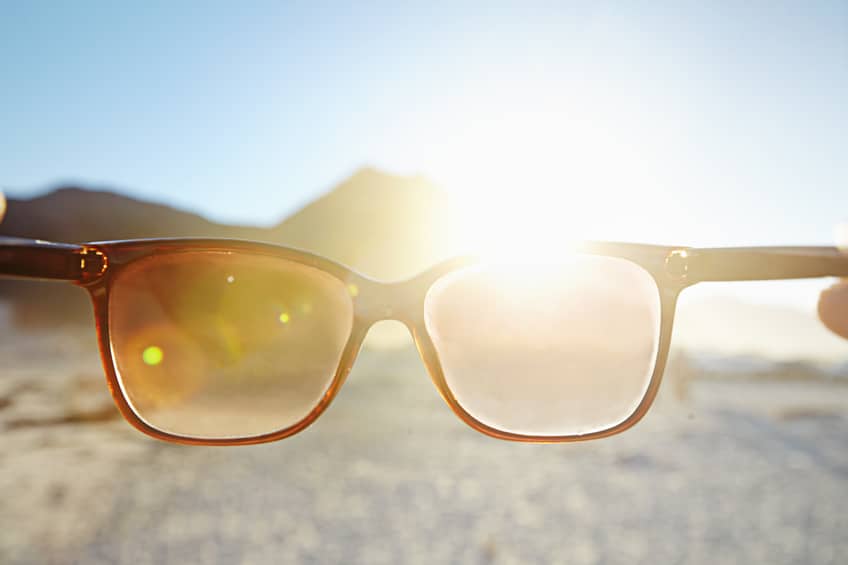
When choosing glasses or lenses, consider lenses with UV-blocking coatings. Many prescription glasses and contact lenses come with built-in UV protection. This added layer of protection helps reduce the risk of UV-induced eye problems.
- Talk to your optometrist or ophthalmologist about the UV protection level in your lenses.
- Contact lenses with UV protection are available, though they should still be worn in conjunction with sunglasses for maximum safety.
5. Get Regular Eye Check-ups
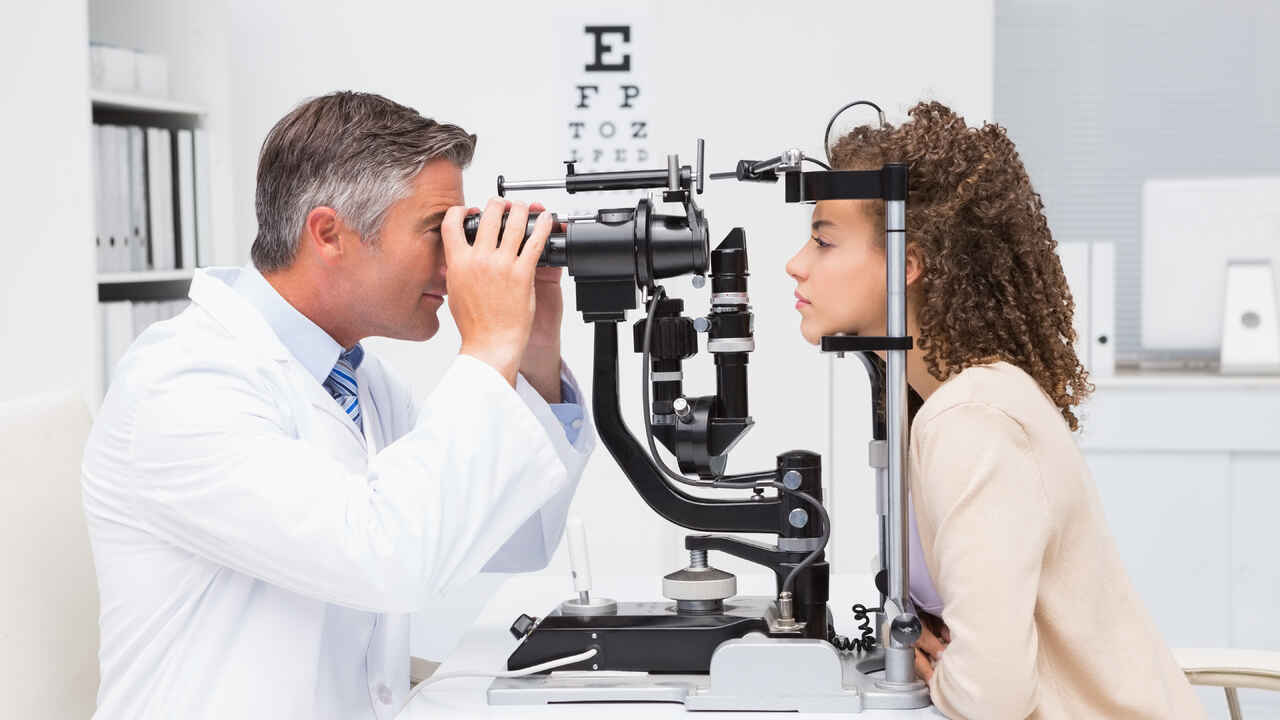
Regular eye exams are essential for monitoring the health of your eyes and detecting any potential issues caused by UV exposure. Early detection of conditions such as cataracts or macular degeneration can help in timely treatment, preventing severe damage.
- Visit an ophthalmologist at least once a year for a thorough eye examination.
- If you notice any changes in your vision, don’t wait—schedule an appointment right away.
Laxmi Eye Hospital, a leading eye care provider in Mumbai with over 30 years of expertise, specializes in advanced treatments for retinal diseases, including retinal detachment. The hospital is known for its team of highly skilled ophthalmologists and state-of-the-art technology. It offers comprehensive care across specialties such as Cataract, LASIK (Bladeless LASIK, ICL, IPCL, Contoura Vision LASIK), Glaucoma, Diabetic Eye Care, Corneal Diseases, Retina Treatment, and Pediatric Ophthalmology. With its focus on delivering optimal outcomes from diagnosis to post-surgery recovery, Laxmi Eye Hospital ensures top-quality eye care across its locations in Dombivli, Kharghar, Panvel, and Kamothe, Navi Mumbai.
To schedule an appointment, you can visit the Laxmi Eye Hospital website or call the clinic directly.
FAQs
- How do UV rays affect my eyes?
UV rays can damage the cornea, lens, and retina, leading to conditions like cataracts, macular degeneration, and eye cancer. - Can I rely on regular sunglasses for UV protection?
No. Ensure your sunglasses are labeled with UV 400 or block 100% of UVA and UVB rays for proper protection. - Are contact lenses enough to protect against UV rays?
While some contact lenses provide UV protection, it’s still essential to wear sunglasses for complete protection. - What time of day should I avoid being outside?
The sun’s UV rays are strongest between 10 a.m. and 4 p.m. Avoid extended outdoor activities during these hours. - How often should I have an eye exam?
It’s recommended to get an eye exam at least once a year. Early detection can help prevent vision loss from UV-related eye damage.
Take Care of Your Eyes
Protecting your eyes from harmful UV rays is crucial for maintaining long-term eye health. By wearing the right sunglasses, using a wide-brimmed hat, and scheduling regular eye exams, you can significantly reduce your risk of UV-related eye damage. Don’t wait for the damage to occur—take proactive steps today to safeguard your vision.

